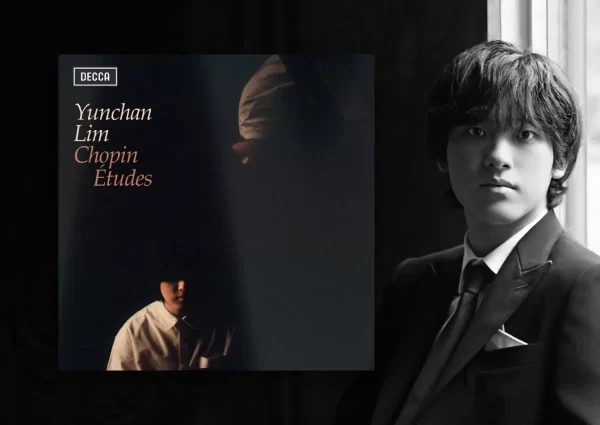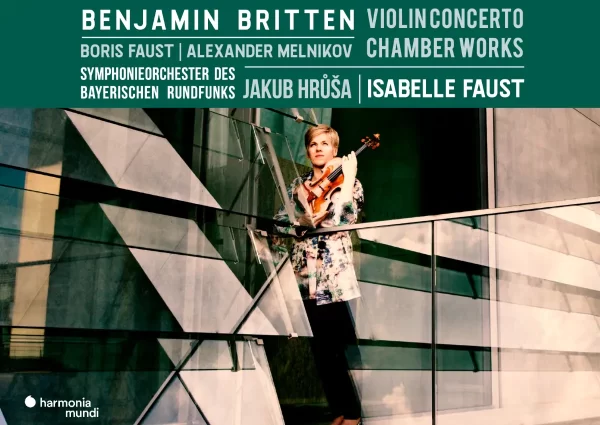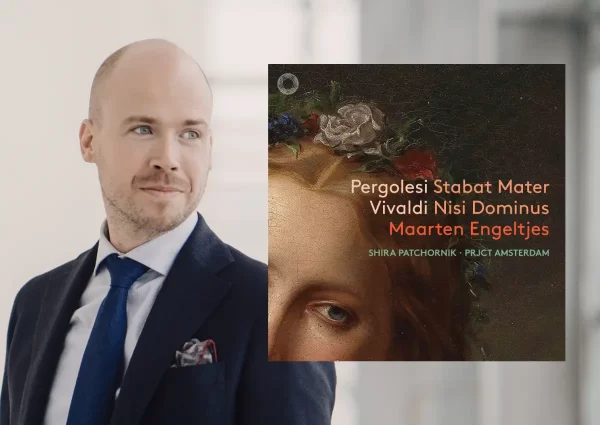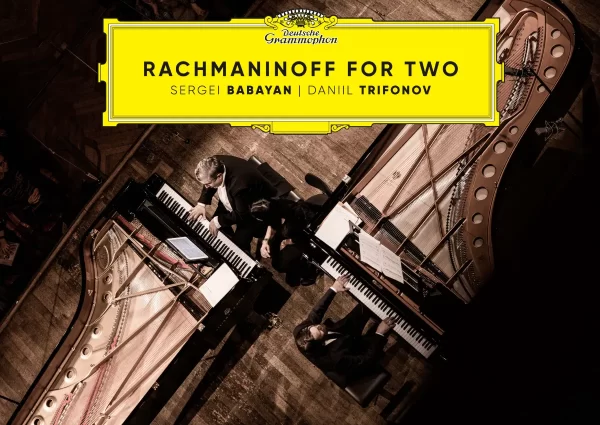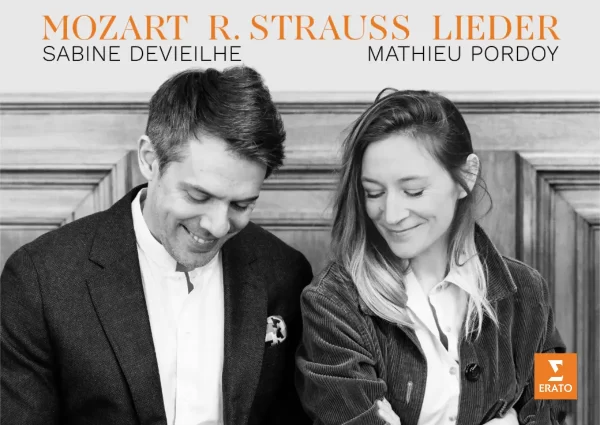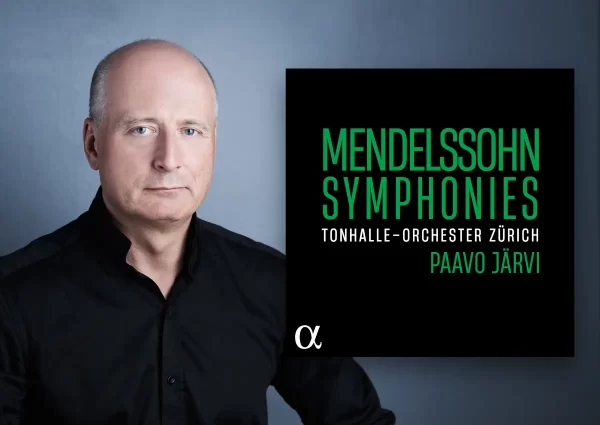With operas such as “Dead Man Walking” and “Moby Dick”, American composer Jake Heggie has forged a strong tie between music and literature. His newest release, “Unexpected Shadows”, featuring mezzo-soprano Jamie Barton and the composer at the piano, explores this relationship on a more personal level with the song genre. Heggie’s style is eclectic yet polished – one can hear a blend of elements from atonality, Impressionism, even film. But most striking is how his music breathes life into the words.
“Music” from “The Breaking Waves” (track 1) was inspired by poetry from Sister Helen Prejean. Barton’s pristine diction relates the story of a death row inmate who is given the chance to listen to music. Her voice is both uplifting and ruminative, a powerful embodiment of the composer’s conception of music as “transformative, healing, [and] humanizing”. The piano, however, has an initially puzzling role here. Making a short and dissonant commentary in the midst of the singer’s words, it vanishes as mysteriously as it appears. In the context of the work, though, this is symbolic of an irony: the inmate discovers music only to experience its joy for a fleeting moment.
The highlight of the album is the deeply moving cycle, “The Work at Hand”. Set to the writings of the late poet Laura Morefield, it describes coming to terms with an inevitable departure. Barton’s interpretation is highly evocative, but it is the instrumental writing that captures what the beautiful words at times cannot. Individual Origami (track 2) is a perfect example: the cello (with an exceptional performance by Matt Haimovitz) and piano portray a whirlwind of sentiments, among them disbelief, panic, and anger. The dynamism of the instrumental texture is balanced by the more static writing of the vocal part that explores the other side of the emotional experience: reflection, realization, and resignation. Morefield writes that while she must ultimately accept saying goodbye, her individual origami will be her final message to those she cares about.
Related Classical Music Reviews
- Review: “From Five Continents” – Penelope Thwaites
- Review: “The Mythos Suite” – Debbie Wiseman, Stephen Fry
- Review: “Clytemnestra” – Ruby Hughes, Soprano
The feelings in “Individual Origami” give way in “Warrior 1” (track 3) to a resolve and courage she knows she must muster. Heggie’s vibrant and programmatic writing fits within an effective architecture. In the quiet first section, Barton sings of not wanting to realize “the prediction of defeat.” And so, the spirit of the warrior is born. The middle section features the instruments as a driving rhythmic force that increases in intensity, symbolic of footsteps or even the heartbeat of the Warrior, who now rises. The final section matches the first musically but is a moment of revelation: Morefield’s words, “as far as, as long as, her breath will take her,” tell us that the goodbye is not a departure but a journey.
“The Slow Seconds” (track 4) is the trilogy’s breathtaking conclusion. Heggie’s playing creates a shimmering harmonic backdrop against the cello’s narrative voice. Similar to “Individual Origami”, the instruments add a valuable dimension, one that evokes the glowing warmth of the words. This is the most poignant moment of the cycle: Morefield has come to a point where she not just recognizes, but yearns for the beauty of this journey.
“Statuesque” is another intriguing cycle which marries visual art, music, and history. Each song tells the story from the eyes of a sculpture of a famous woman: how she came to be and what her existence means. Pablo Picasso (track 13) is delightful. Barton plays out a conversation between Picasso and the woman’s head of his creation, assuming a convincing role of each protagonist. With her skillful changes in voice and character, we don’t need much more to get a vivid image of the song. The piano part fits here nicely too, adding an even more sardonic touch to the head’s disgruntled narration. Winged Victory (track 16), with its distinct influence from musical theater, is probably the most impressive effort from Barton – she sings with so much conviction and excitement that it’s impossible not to be drawn into the Winged Victory’s tirade.
The liner notes, written by Heggie himself, are an essential companion to his compositions in which he describes how each work was conceived. More importantly, through these writings we see an insightful and empathetic composer dedicated to his craft. In many ways, though, his music already speaks for itself. Warmly recommended.

“Unexpected Shadows”
Songs by Jake Heggie
Jamie Barton – Mezzo-Soprano
Jake Heggie – Piano
Matt Haimovitz – Cello
Pentatone, CD PTC5186836
Read more classical music reviews or visit The Classic Review Amazon store
Follow Us and Comment:
Get our periodic classical music newsletter with our recent reviews, news and beginners guides.
We respect your privacy.



